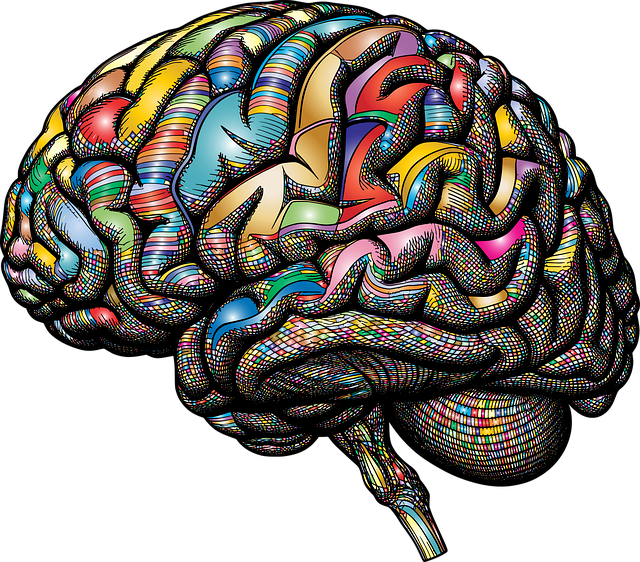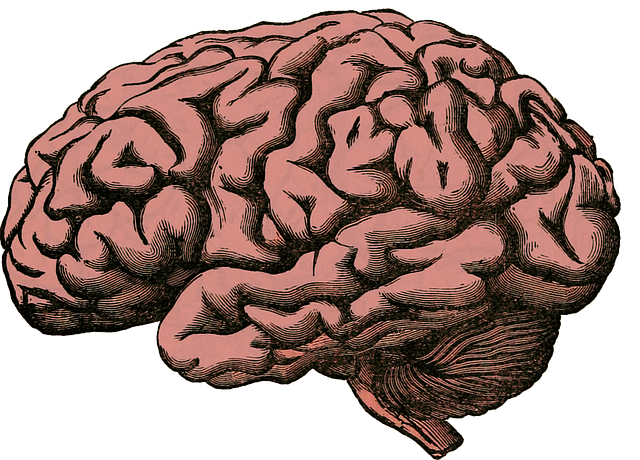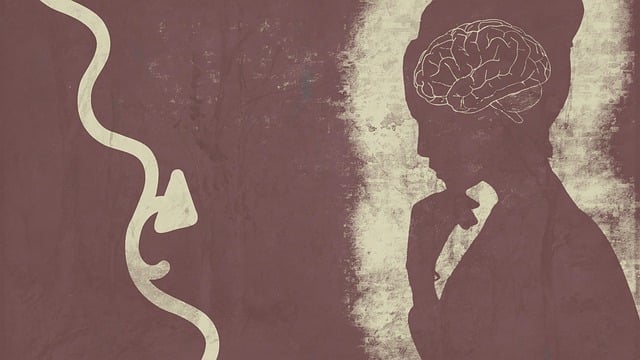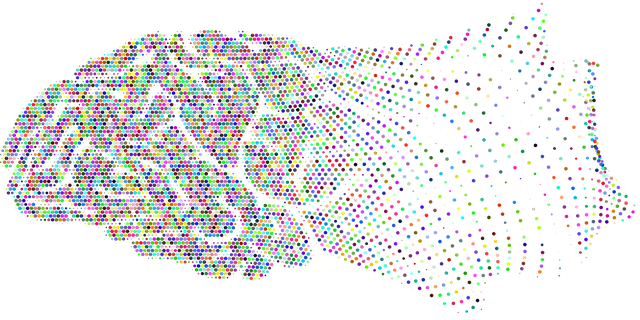Lafayette Cognitive Processing Therapy (LCPT) is an effective crisis intervention strategy addressing thoughts, feelings, and actions during traumatic or stressful events. It equips individuals with skills to challenge negative thought patterns, reduce emotional turmoil, and promote long-term resilience through mindfulness meditation. Mental health professionals use LCPT to assess crisis situations, develop coping skills, and provide culturally sensitive interventions. Immediate LCPT intervention guides self-awareness exercises for emotional healing, while post-crisis support continues with resources like the Mental Wellness Podcast Series and Inner Strength Development services, ensuring comprehensive recovery aligned with mental health policy principles.
“In times of crisis, effective intervention strategies can make a profound difference in an individual’s path to recovery. This comprehensive guide delves into essential crisis intervention techniques, offering valuable insights for professionals and caregivers. From understanding the fundamentals of crisis management to exploring innovative approaches like Lafayette Cognitive Processing Therapy (LCPT), each section provides practical knowledge. Learn to identify and assess critical situations, employ immediate intervention strategies, and provide post-crisis support, ensuring a holistic approach to healing.”
- Understanding Crisis Intervention: A Brief Overview
- The Role of Lafayette Cognitive Processing Therapy (LCPT) in Crisis Management
- Identifying and Assessing Crisis Situations
- Practical Strategies for Immediate Intervention
- Post-Crisis Support and Recovery Techniques
Understanding Crisis Intervention: A Brief Overview

Crisis intervention strategies are essential for helping individuals navigate and recover from traumatic or highly stressful situations. Lafayette Cognitive Processing Therapy (LCPT) is a well-established approach within this field, focusing on guiding clients to understand and process their experiences effectively. By facilitating open communication and challenging negative thought patterns, LCPT aids in the emotional healing processes, which are crucial for mitigating the long-term effects of crises.
Through LCPT, therapy sessions become a safe space where individuals can express their feelings and fears openly. This therapeutic environment promotes anxiety relief by helping clients reframe their perspectives and develop healthier coping mechanisms. Furthermore, the goal is not just to address immediate symptoms but also to implement sustainable emotional well-being promotion techniques that empower individuals to face future challenges head-on.
The Role of Lafayette Cognitive Processing Therapy (LCPT) in Crisis Management

Lafayette Cognitive Processing Therapy (LCPT) offers a powerful framework for crisis intervention, focusing on the connection between thoughts, feelings, and behaviors during stressful situations. This therapy facilitates individuals’ ability to process and reframe their cognitive distortions, thereby reducing emotional distress. By teaching clients to identify and challenge negative thought patterns, LCPT empowers them to respond adaptively in crises, promoting better coping strategies.
Incorporating LCPT techniques can enhance self-care routine development for better mental health and emotional well-being promotion. Mindfulness meditation, a key component of LCPT, enables individuals to stay grounded in the present moment, fostering calmness and clarity during crises. This mindfulness aspect not only aids in crisis management but also encourages the adoption of healthy habits, such as consistent self-care practices, that contribute to long-term resilience and mental wellness.
Identifying and Assessing Crisis Situations

Identifying a crisis situation is the first step towards effective intervention. This involves recognizing signs and symptoms that indicate an individual is at risk or currently experiencing a severe emotional or mental health issue. Crisis situations can vary widely, from acute suicidal ideation to traumatic events or sudden loss. Mental healthcare professionals play a crucial role in assessing these scenarios, often utilizing tools like the Lafayette Cognitive Processing Therapy (LCPT) to gain insight into the person’s thoughts, feelings, and behaviors. LCPT facilitates coping skills development by helping individuals process traumatic memories and negative thought patterns, thereby promoting emotional well-being.
Assessing crisis situations also requires cultural sensitivity in mental healthcare practice. Understanding cultural contexts and incorporating appropriate techniques can enhance the effectiveness of intervention strategies. For example, cultural beliefs about expressing emotions or seeking help can influence how an individual perceives and responds to a crisis. Mental health professionals must be adept at tailoring their approach, ensuring that interventions are not only timely but also culturally responsive and acceptable to the person in need.
Practical Strategies for Immediate Intervention

In moments of crisis, immediate intervention can make a significant difference in an individual’s path to recovery. One evidence-based approach that has proven effective is Lafayette Cognitive Processing Therapy (LCPT). This therapy focuses on guiding individuals through a process of self-awareness exercises, helping them to identify and challenge negative thought patterns and beliefs. By promoting emotional healing processes, LCPT enables people to gain a deeper understanding of their experiences and develop healthier coping mechanisms.
Additionally, incorporating Self-Awareness Exercises into crisis intervention strategies can offer real-time support. These exercises encourage individuals to pause, reflect, and recognize their emotions, providing an opportunity for them to make conscious choices rather than reacting impulsively. Moreover, featuring a Mental Wellness Podcast Series Production as part of this guidance can offer ongoing resources, sharing valuable insights and stories that inspire and educate listeners on navigating crises effectively.
Post-Crisis Support and Recovery Techniques

Post-crisis support is a critical phase in the recovery process, offering essential tools to help individuals navigate the aftermath of traumatic events. Lafayette Cognitive Processing Therapy (LCPT) stands as an effective therapeutic approach, designed to assist clients in making sense of their experiences and reframing negative thoughts. This therapy encourages open dialogue, fostering an environment where emotions can be expressed safely. By exploring cognitive distortions and challenging unhelpful beliefs, LCPT empowers individuals to develop healthier coping mechanisms.
In conjunction with LCPT, Inner Strength Development and Trauma Support Services play pivotal roles in long-term recovery. These services focus on building resilience, teaching self-care practices, and providing a safe space for continued emotional processing. Incorporating these techniques allows for comprehensive post-crisis care, ensuring individuals not only survive but thrive after traumatic events, aligning with the principles of Mental Health Policy Analysis and Advocacy.
Crisis intervention is a multifaceted field, requiring a deep understanding of human cognition and behavior. As highlighted in this article, the Lafayette Cognitive Processing Therapy (LCPT) offers a powerful framework for managing crises effectively. By combining cognitive techniques with practical interventions, professionals can navigate complex situations and provide immediate support. Moreover, post-crisis recovery strategies are essential for long-term resilience. Through identifying triggers, assessing risks, and employing evidence-based methods like LCPT, we can foster healthier outcomes for individuals facing crises, ensuring a more robust and compassionate approach to crisis intervention guidance.














